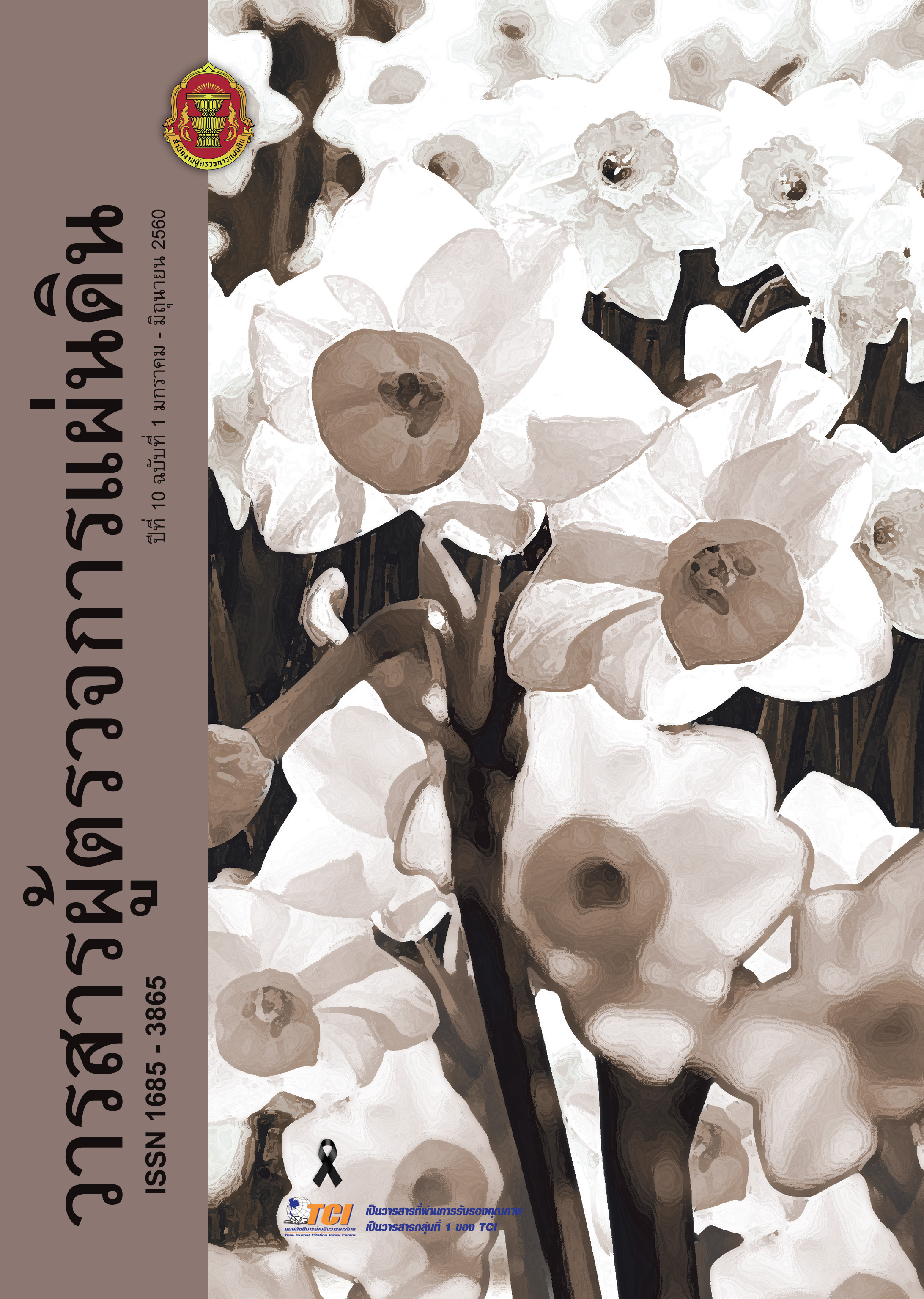Evaluation and Knowledge Synthesis on the Ethical School Project Under Bangkok Metropolitan Administration
Keywords:
knowledge synthesis, ethical school, capital ethics, attribute ethics, anti-corruption, good-practice journalAbstract
The study of evaluation and knowledge synthesis on school ethics under Bangkok Metropolitan Administration aims to assess the success of constructional process of ethical schools in the metropolis and synthesize knowledge and factors related to such process. The study was carried out by Participatory Action Research (PAR) method. CIPP Model along with knowledge management (KM) for operational analysis through Peer Assist (PA), Story Telling (ST), and After Action Review (AAR) were taken for assessment of the entire outcomes in the project. In addition, SWOT analysis was utilized for analysis of internal and external circumstance of the project as repeated measurement which leads to interpretation of data. Based on the evaluation outcome and knowledge synthesis, it was found that the project was successful according to the performance indicators. In terms of context (C), the project complies with the instructional model embedding ethical implications in accordance with the Ministry of Education’s curriculum and schools’ policies. The project revealed continuation of major and minor activities which stimulate participations of teachers, students, school management teams, parents, educators, and communities to shape the direction of ethical school development.
As for the input (I), the existence of 4M resources results in collaboration and participation in formulating plans to acquire “goal ethics” and “attribute ethics” through school activities. In relation to the process (P), it shows the connected sequences of activities which initiate knowledge transferrable to the others supported by the management teams, master teachers, student leaders, parents, educators, and supporting administrators. The knowledge has been developed and applied as attribute ethics of schools under the “anti-corruption” framework which exerts the positive influences on students’ behaviors and life skills. In respect of product (P), the management teams, master teachers, student leaders, parents, and educators translate ethical development knowledge into their practices and apply it in their daily lives. The daily behaviors of target group are positively changed. They show good social skills, and they are able to pass on and promulgate knowledge which supports developmental participation to promote and expand the project to other schools underpinned by “attribute ethics” knowledge and “anti-corruption” framework derived from Peer Assist (PA) of the project.
Downloads
Published
How to Cite
Issue
Section
License
- Content published in the journal is personal opinions of authors which the office of Ombudsman and the editorial team are not bound to be accordance with.
- Articles, content, images, etc. published in the Journal of Ombudsman are copyright of the Journal. If any person or entity wants to bring all or part of it to publish or to do any action. Must obtain written permission from the journal's first.



